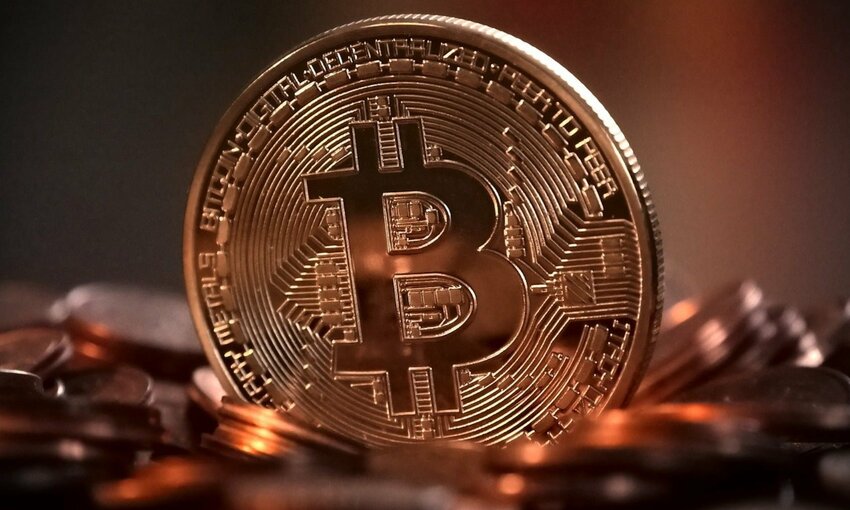 (Credit: Pixabay)
(Credit: Pixabay)Greenidge Generation Holdings has announced that effective June 1, 2021, it will operate an entirely carbon neutral bitcoin mining operation at its facility in Upstate New York.
Greenidge will purchase voluntary carbon offsets from a portfolio of US greenhouse gas reduction projects. Each project has been reviewed and certified by one of three well-recognized Offset Project Registries, the American Carbon Registry (ACR), the Climate Action Reserve (CAR) and Verra, ensuring that any projects funded by Greenidge reduce emissions or increase sequestration of greenhouse gas in a manner that is real, permanent, and verifiable.
In addition to offsetting 100% of its carbon emissions from bitcoin mining, Greenidge also intends to invest a portion of its mining profits in renewable energy projects. Greenidge is actively exploring direct financing of renewable energy initiatives in New York State and across the country.
Greenidge will also continue to participate in the Regional Greenhouse Gas Initiative (RGGI), a market-based program in which participating states sell CO2 allowances through auctions and invest proceeds in energy efficiency, renewable energy, and other consumer benefit programs to spur innovation in the clean energy economy and create local green jobs. Greenidge purchases RGGI allowances each year to cover 100% of its CO2 emitted from power generation and has done so since it began gas-fired operations in 2017.
Bitcoin mining operations are notorious for excessive energy use. In 2018, when bitcoin mining companies realized that a few Washington state counties had extremely low electricity rates, mining companies moved in. In response, utilities in Chelan and Chelan counties raised rates for these companies.
Grant County Public Utility District commissioners adopted a new rate in September 2018 for so-called mining operations. Commissioner Tom Flint told some miners that their industry is risky and unregulated, and he wanted to make sure other ratepayers were protected.